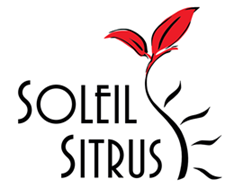 Every year Soleil Sitrus aims to place the first grapefruit on the market floors of the Far East, and this year is no different with the first Star Rubies due for arrival next week in Shanghai and Guanghzou.
Every year Soleil Sitrus aims to place the first grapefruit on the market floors of the Far East, and this year is no different with the first Star Rubies due for arrival next week in Shanghai and Guanghzou.
Grapefruit seems unfortunately to be losing ground in the Far East as younger generations prefer easy peelers or oranges. Coupled with a slowing economy in China, Sunfed, Soleil Sitrus' marketer set up two years ago, is receiving fewer enquiries into grapefruit.
"Traditionally the Far East likes the early citrus window where Hoedspruit nicely fits in," says Jacobus van Staden of the citrus enterprise with farms around Hoedspruit, Gravelotte and Ohrigstad, all in South Africa's far northeast.
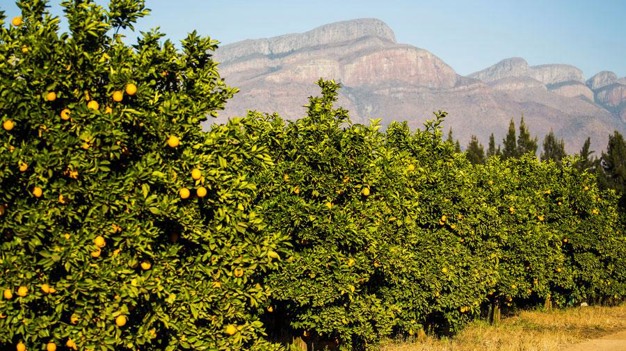
When you hear Ohrigstad, you think soft citrus. Not so in this case: "We saw that early navels work very well there in terms of colour. It makes sense because we focus strongly on China and the Far East where navels are really popular, CaraCara navels, the old blood orange, and Cambria navels."
Midknights start end-June
The absence of soft citrus in their orchards is unusual, he acknowledges, but it's not missed: they have their hands full with a full spread of Valencias following the navels.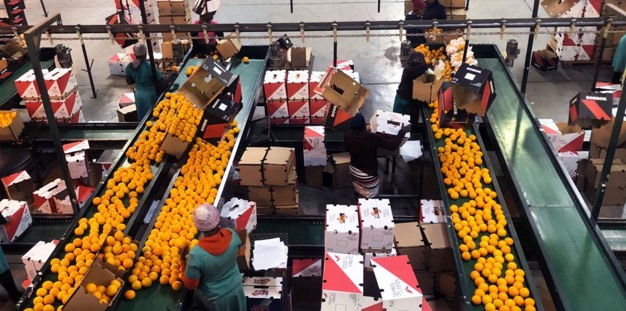
"Our Far Eastern clients often ask for seedless Midknights, it's pretty important to them. It's early on the market, around two weeks before other Valencias, and it has a nice colour. Typically a bit bigger than the later Valencias but the taste is much the same."
Packing of Midknights should start towards the end of June.
"Quality is very important in the Far East. It takes years to build your name as one of the top three in terms of quality. We don't do anything to compromise on our name."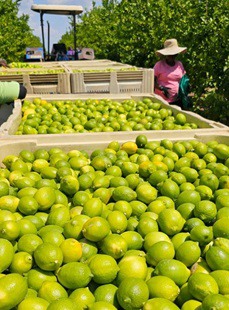 They choose not to degreen lemons or grapefruit, believing it shaves off shelf life. "Our approach is that it's crucial to safeguard the premium our fruit has by not doing it."
They choose not to degreen lemons or grapefruit, believing it shaves off shelf life. "Our approach is that it's crucial to safeguard the premium our fruit has by not doing it."
In the Middle East there's now a high supply of South African lemons (theirs included) bringing down price levels, much the same as every year. For South Africa it's a market within easy reach, and Europe still has its own lemons.
"Most of our lemons have not yet coloured up at this stage, they are still green. We send them to markets like Malaysia, Indonesia, Hong Kong, Singapore, all non-steri markets to which you can send them at warmer temperatures. They colour up during the journey.
"Sending under a steri protocol to China would achieve the opposite and keep them green," he continues. "Later in the season we'll have the right spec lemons for China."
Local orange juicing stiff competition to exports
"Valencias and lemons are in a good space and what's helping farmers is the incredibly good orange juice price this year. It's been a while since we saw such a good price and when it's this high, exports simply have to be good to compete."
The lemon juice price is the exact opposite at the moment. This inverse correlation between the prices for the two types of juice is true every year, but not often to this degree, he notes.
"Farmers are very happy about the orange juice price. It's very good for the market."
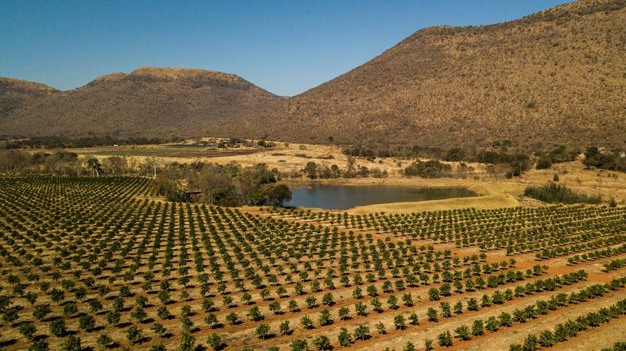
EU orange rule has domino effect on other steri markets
The European Union is their second largest receiving bloc. Oranges did very well in Europe last year but this year Egypt has pushed most of their oranges into this market due to the dangers of the Red Sea.
"I think Europe will do well later in the year. From the start you'd send a bit to keep the channels open, but tend more towards other markets like the Far East. Towards the end of August – even though it doesn't give us much time before the tariffs starts – it should be a stronger market for our oranges."
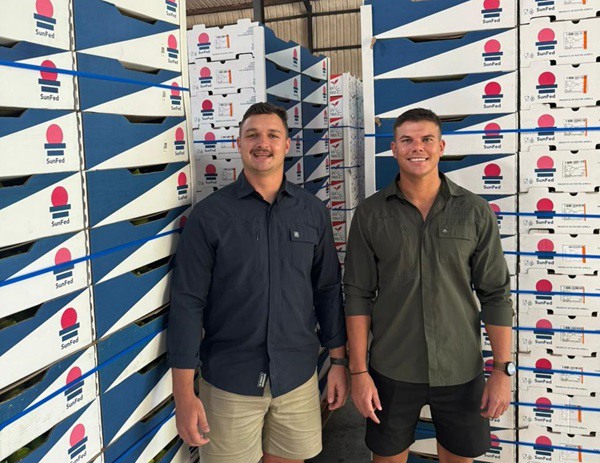 Michiel Bosman, logistics and export operations manager with Jacobus van Staden, Sunfed managing director
Michiel Bosman, logistics and export operations manager with Jacobus van Staden, Sunfed managing director
The stricter protocol Europe has imposed on Southern African oranges has meant more trouble and more cost, especially over the past five years. Cold stores now bring fruit down to the requisite temperature over two to three days. Many in the industry built additional cold facilities, or changed over steri chambers meant for China and the Far East for use on Europe-bound fruit.
"It's a bit of a domino effect, taking from one chamber to help another, with less available space all round," he says. "Fortunately it didn't disrupt our operations last year and I'm hoping this year is the same."
"The protocol is almost on steri and it remains a challenge. For farmers changing regulations make life more difficult, when they what's been working for them but now they have to change. But you've got to make those sacrifices if you want to stay in the game."
They're looking to do a bit through Maputo this year. Fruit travels from Maputo to the Middle East in seven days, making it hugely attractive from that point of view.
"Maputo is an interesting conversation but there are no steri chambers, so we can only load for the Middle East from there."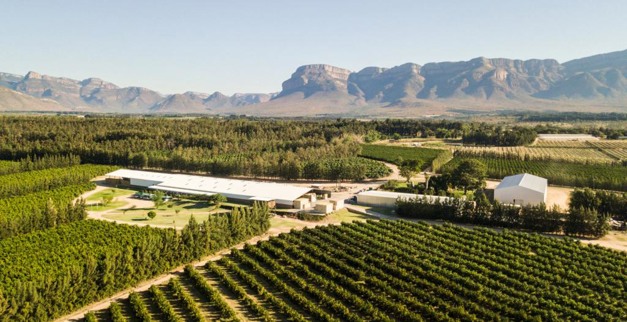
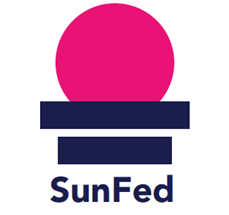
For more information:
Jacobus van Staden
Soleil Citrus/Sunfed
Tel: +27 15 817 1826
Email: info@soleilsitrus.co.za
https://www.soleilsitrus.co.za/
